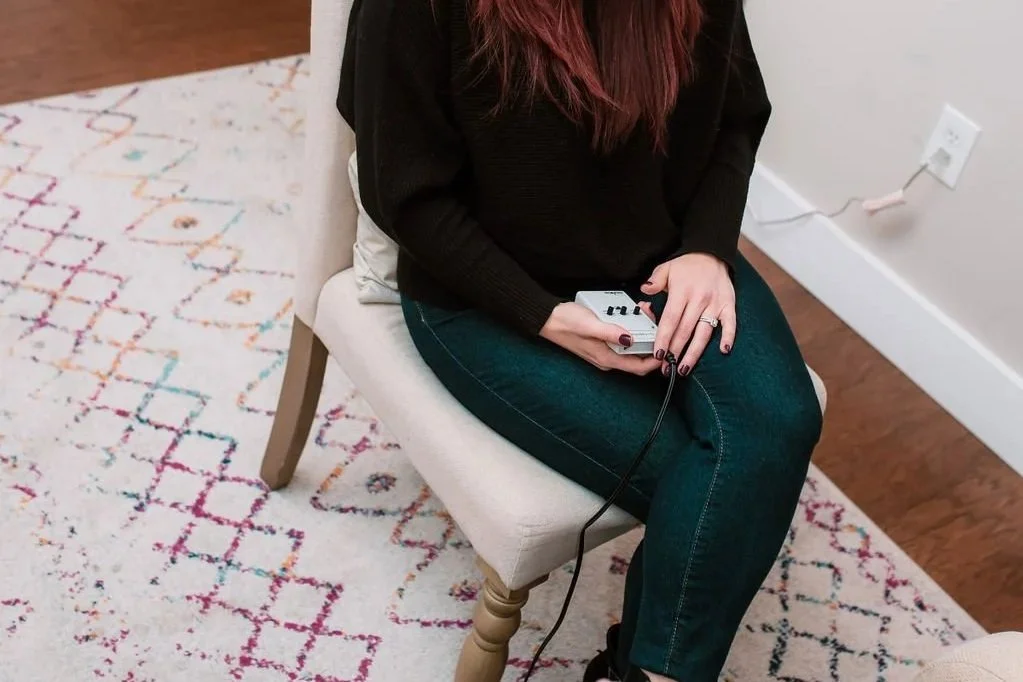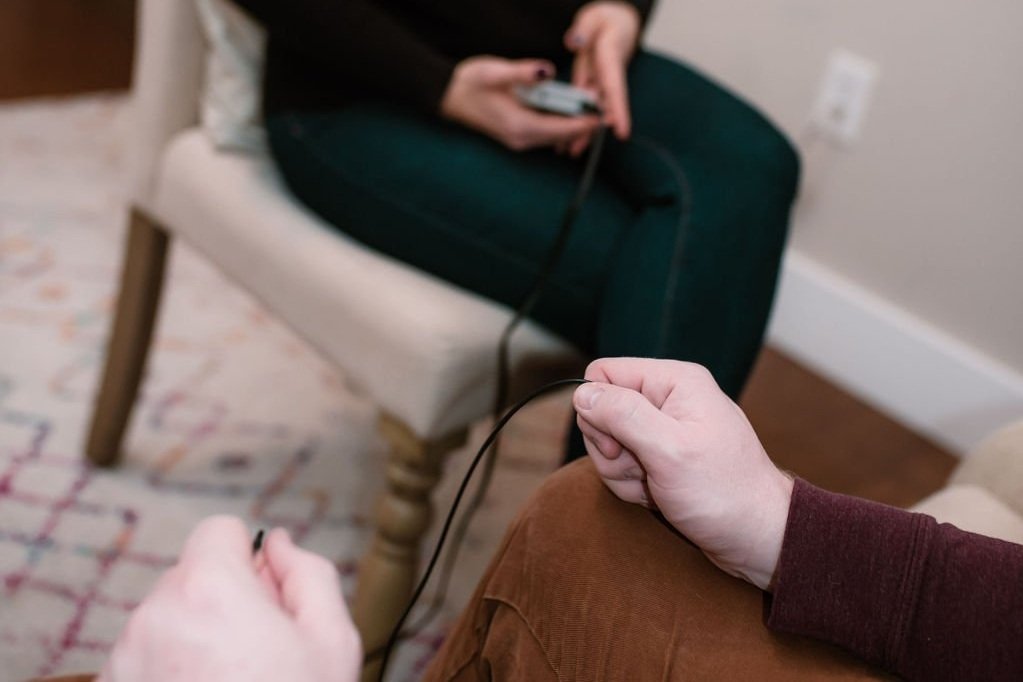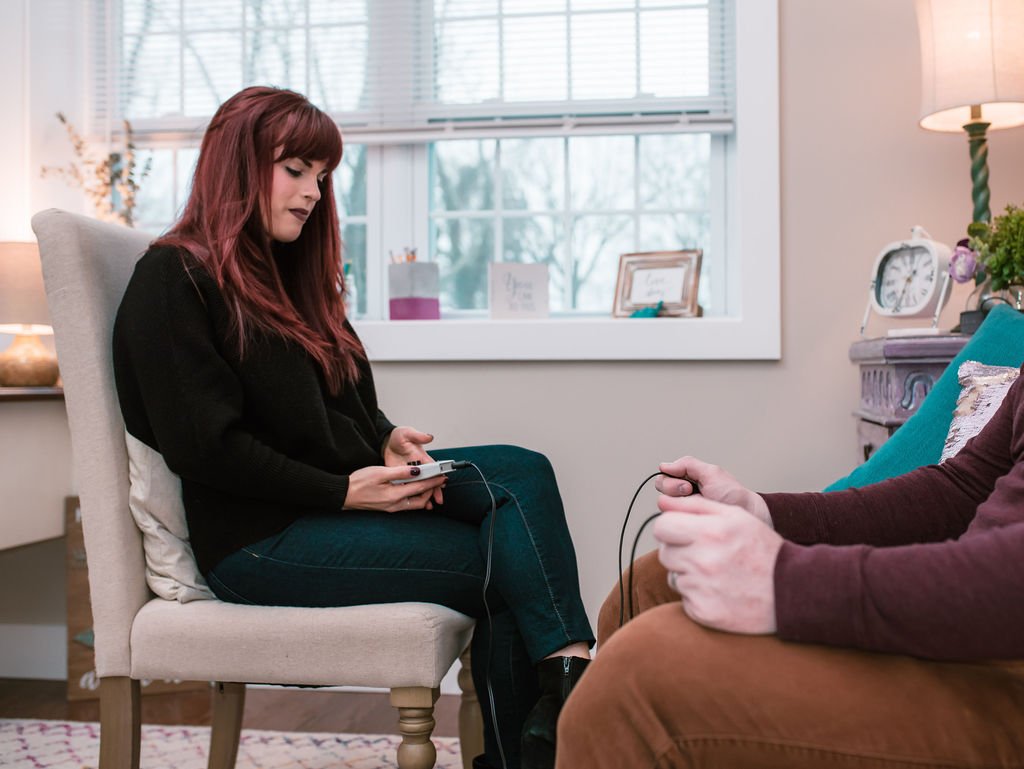How EMDR Therapy Can Help You Heal
Have you heard of EMDR therapy but are unsure of how it can help you personally? Let me help.
What Is EMDR?
EMDR stands for Eye Movement Desensitization and Reprocessing. It’s a therapy model developed by Francine Shapiro in the late 1980s that’s especially effective in helping people heal from traumatic or overwhelming experiences.
Many people who do not resonate with having experienced a trauma still benefit from EMDR therapy. That is because we all have experienced events in life that are overwhelming. When this happens, our nervous system gets flooded and we are not able to process that experience that way that we do when our body is at ease.
Those events get stuck in our brain like a rock. It’s almost like getting a cut on your skin — if you come back a few weeks later, it’s likely that there may not even be evidence of that cut because your body knows how to repair itself. That is unless something gets in the way of that healing process (like if you had stones or dirt left in there). At best, the cut would heal deformed where you would be able to see the rocks beneath the skin, and at worst it would cause an infection that then spreads to seemingly unrelated parts of your body.
This process is actually exactly how our memories work when we did not have the resources at the time of the event to process and integrate the memory in our brain. When we have unresolved memories, they can become easily triggered later in life when our body senses a similar enough situation.
For example, if you were in a car accident, you could probably imagine having some anxiety when you start driving again (racing heart, sweaty palms, etc.). If I were to ask you cognitively when that car accident occurred, you could likely tell me it happened a week, a month, or even years ago. The unresolved memory of the car accident, however, prompts your body to send distress signals as if you were still in that situation currently. To put it simply, the “rock” is lighting up to warn you that there may be danger now.
EMDR helps us identify the underlying memories that are contributing to our stress response, and it also helps us work through them so we can release the negative emotions, feelings, sensations, and beliefs associated with the old memory. This allows us to finally feel at peace and empowered in our present-day lives.
How EMDR Works
You and your therapist will work together to identify a series of memories to work on based on what is distressing you in your life today. Once you are ready to move to the reprocessing phase, you will be asked a series of questions about that memory and then a form of bilateral stimulation will be used to facilitate the processing. This typically looks like rapid eye movement (left to right) but can also be done with sound or tapping. The goal of bilateral stimulation is to activate both sides of the brain which helps the body release the disturbances associated with the memory you are working through.
Who Can Benefit from EMDR?
EMDR is best known for treating PTSD, but it’s also been shown to be effective for:
Anxiety and panic attacks
Depression
Phobias
Grief and loss
Childhood trauma
Addictions
Performance anxiety
Chronic pain
Why EMDR Is Different
EMDR has afforded us a way to work through traumatic memories in a way that goes beyond words. This is important because trauma affects our limbic system which is the part of our brain where our fight, flight, freeze, faint response is and goes much deeper than language. You may not even need to verbalize much about the event in order to work through the protocol in a way that helps you find relief.
What Does It Feel Like?
After reprocessing, people are often able to say, “X thing happened to me, it was terrible, AND I can feel calm in my body as I think of it now.” It is important to note that just like with medication or any other form of therapy, many factors go into how long it takes to get there and the broader impacts on the individual.
Final Thoughts
If you have been stuck working through past stressors and feel like you are not getting anywhere, EMDR could be a really useful tool in helping you finally release those distressing events from your body and help you find more agency and peace in your life today.
Healing is possible, and EMDR could be the key that helps unlock it.









